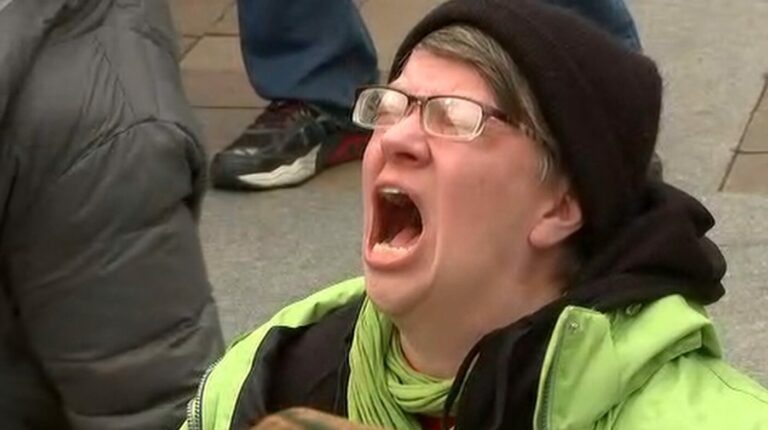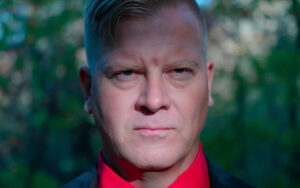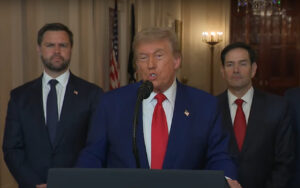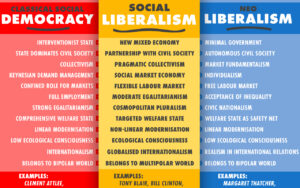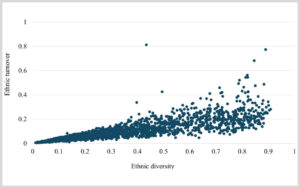Liberals are three times more likely than conservatives to negatively evaluate a person with ideologically opposing views, but also think conservatives are more prejudiced, a new study has shown.
The research, published in the Journal of Social Psychology in February, explored how self-identified conservatives and liberals evaluate a target person’s professional attributes, personal character, and job suitability based on their social media posts.
And while it found that negatively evaluated targets with opposite views, liberal bias was three times stronger than that shown by conservatives, challenging the popular notion of “ideological asymmetry” which proposes that conservatives are more prone to prejudice.
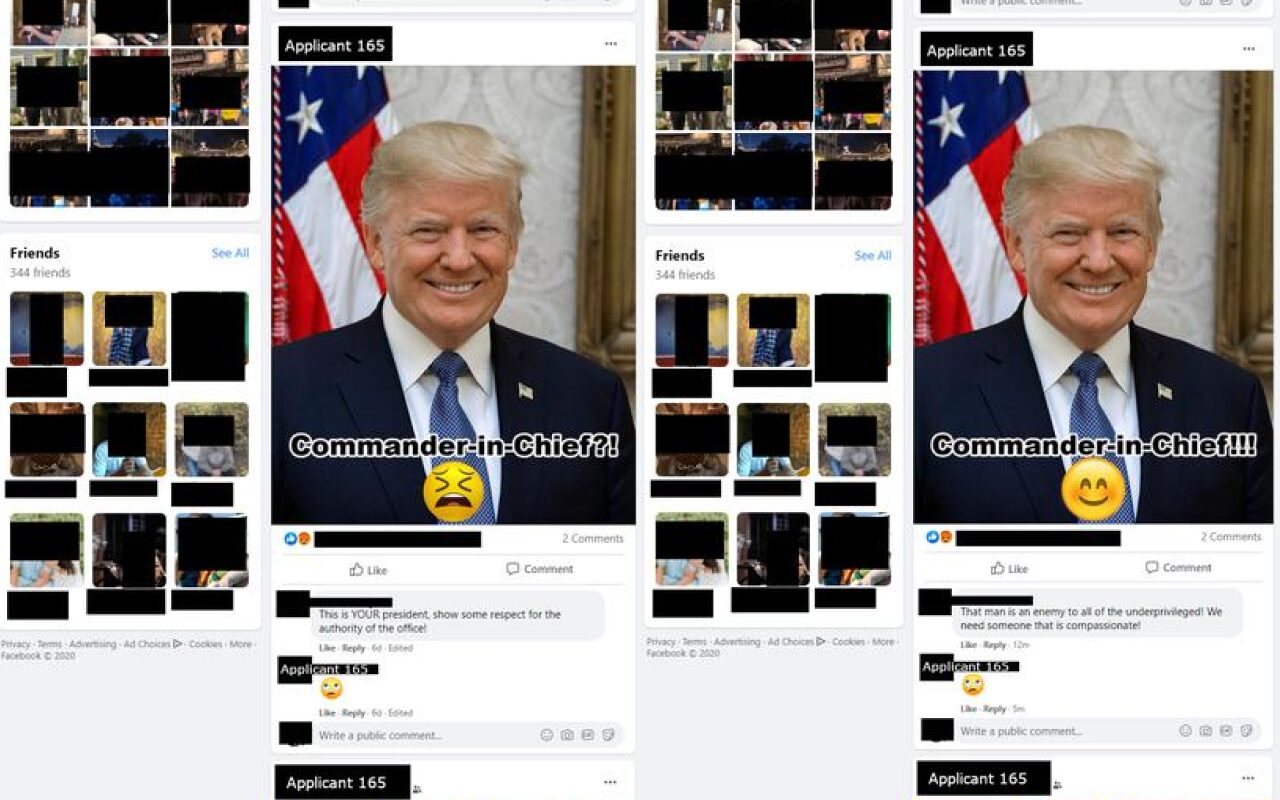
Study author Robert D. Ridge, an associate professor of psychology at Brigham Young University told PsyPost: “It has become clear that the ideological divide in the United States is growing and that people are becoming more polarised in their beliefs.
“Ideological asymmetry is the notion that conservatives are more prejudicial than liberals, but the worldview conflict hypothesis suggests that conservatives and liberals can be equally prejudiced toward those with different worldviews and values.
“I wanted to pit these two theories against each other to see who would be more likely to aggress indirectly against a person who held an ideology different than theirs.”
The study asked Amazon MTurk workers to view randomly selected Facebook pages with equivalent liberal or conservative memes and posts, and review them for job suitability, and giving an assessment of their skills and character.
The profiles were identical except for a handful of posts. The conservative profiles showed a pro-Trump image and comments and a meme criticising “socialism”, while the liberal profiles showed a near-identical anti-Trump image, comment and socialism meme.
The results showed that not only were liberal participants three times more likely to rate conservative profiles negatively, but that they were likely to rate conservative targets as being prejudiced which the opposite was not the case.
“This is directly the opposite of what ideological asymmetry would predict. I was also surprised that given this result, liberal participants claimed that conservatives were much more prejudiced than liberals, whereas conservatives did not attribute any more prejudice to liberals than to conservatives. This is contrary to much popular opinion about liberals and conservatives in popular media and in the empirical literature,” Ridge said.
